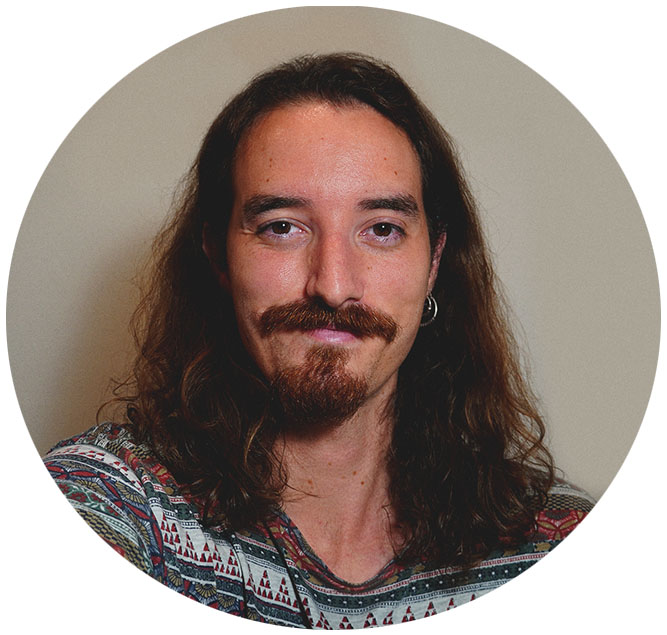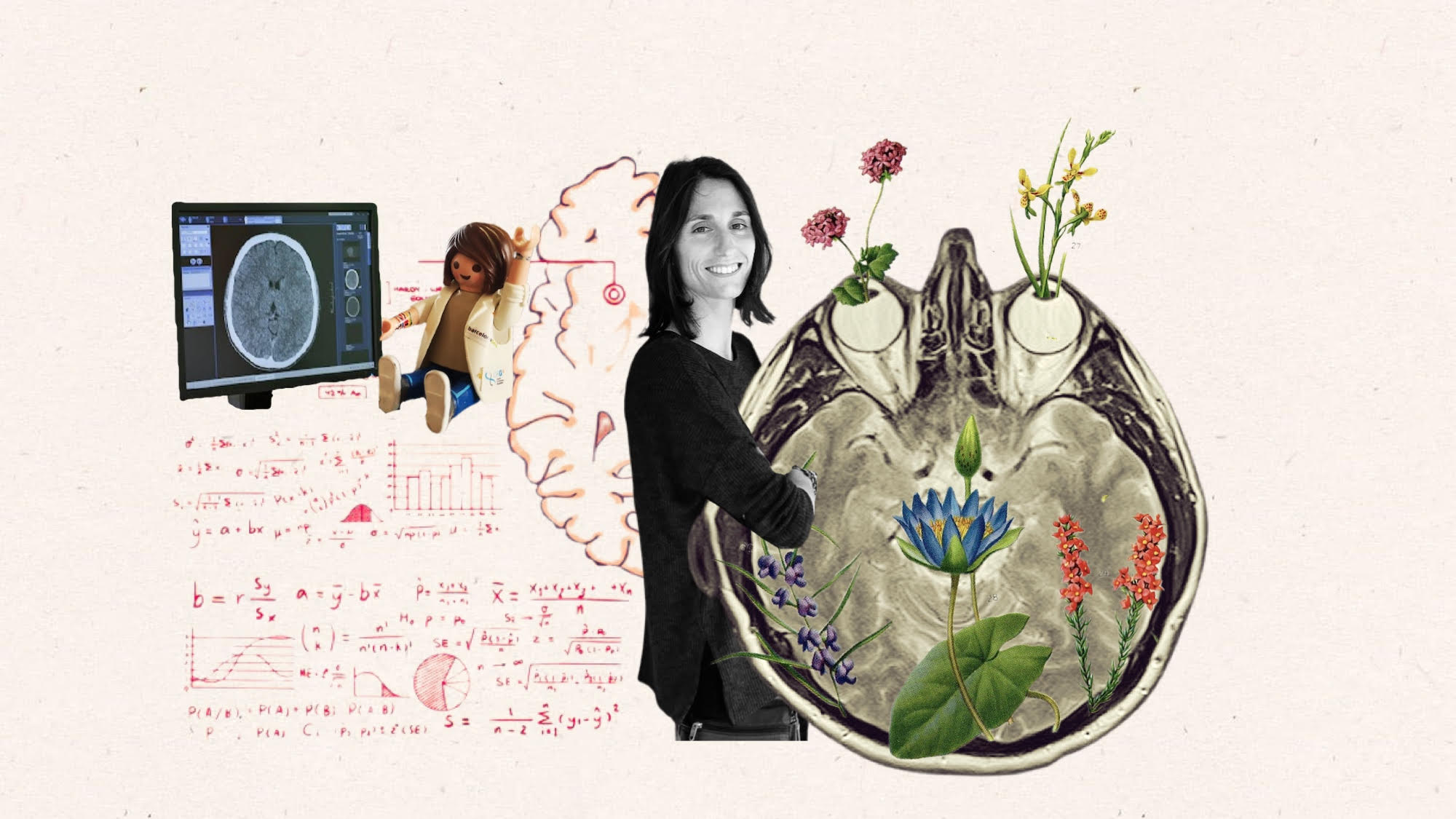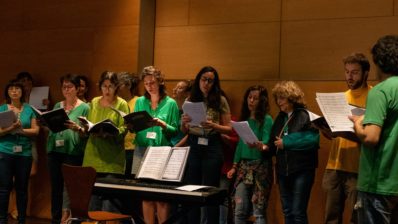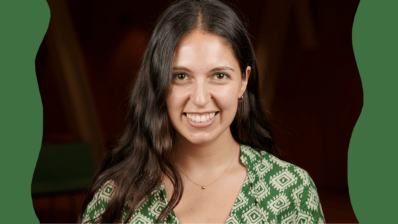Natalia Vilor-Tejedor (Barcelona, 1988) is a postdoctoral researcher at the Centre for Genomic Regulation (CRG), in the Computational Biology of RNA processing group led by Roderic Guigó. There, in collaboration with the Barcelona Beta Brain Research Center and the Erasmus University Medical Center in Rotterdam, she studies the genetic patterns that affect the structure of the brain at a computational level to evaluate the relationship with neurological or neurodegenerative diseases, such as Alzheimer’s or Parkinson’s.
But when she went to university she did not have a special interest in human health research; she studied a double degree in Mathematics and Statistics. However, before finishing her degree and thanks to the support of one of her professors, she was able to participate in a project that, in a premonitory way, linked statistics and genetics with Alzheimer’s. It was at that moment when she discovered the full potential of this branch of study.
If 10 years ago someone told me that I would have a Ph.D. in Biomedicine and that I would be working on what I am working on, at least I would have thought “wow, that’s impressive!”.
Taking her experience as an example, she tells us about the importance of having references of women in science. For this reason Natalia does a lot of volunteer empowerment work and tries to be a role model for others “so that people don’t think that you have to be a Nobel Prize winner to do research.” Thus, in addition to teaching at the university, she also participates in many talks and seminars and co-organizes the RLadies BCN sessions, always aiming for “a common good, a benefit for society and for women and girls in particular”.
“I spend a lot of time on this task because this is what I lacked in my time. I had never considered doing a PhD because I had no role models that explained me that you don’t have to be a Nobel Prize winner to be able to do it”
Therefore, among the values that she tries to transmit, equality and diversity are the top ones, since “the key is that everyone feels integrated and has the security to contribute… When the academic world gives the same trust to the other 50% of the population, we will be able to experience a real explosion of talent, since the number of powerful people who can contribute with good ideas for society will be doubled”.
Do you want to know Natalia a bit more? Let’s go!
Is a scientist born or made?
Both answers could be totally valid. Although it is necessary to be born with curiosity and inquisitiveness.
What is your field of study?
Neurogenetics.
What kind of student were you?
The truth is that I don’t remember it that much. I guess like any other. Nothing different. You don’t have to be, as we sometimes think, “magnificent” or a “Marie Curie” to work in science. As I said, you need inquisitiveness and curiosity, and this is what I try to tell to my students.
What would you have been if you had not dedicated yourself to science?
Nowadays, perhaps, I would go for a career on data analysis. A few years ago I am not sure what I would have chosen.
If you could travel in time, what would you choose: past or future?
A lot of the research that I do is done with fairly new techniques, which I probably wouldn’t be able to use if I was traveling back in time. So, always with an eye on the future!
How do you think your peers would describe you?
I’ve never asked them! Perhaps I should, since any answer I give will be biased.
What would you like to add to the sentence: it has finally been solved …?
I would like to be able to say that “the problems of sustainability, equity and equality in the world have finally been solved”.
What preconceived idea about scientists do you think is true and which is false and why?
As I mentioned earlier, people think that you have to be Marie Curie or Einstein to be able to work in science, and this is totally wrong. On the other hand, when we think of science/scientists, most of us think of a “man”, and although this situation is changing, we still have this bias in research, especially in leadership positions .
Which is your best failure?
I learn from all my mistakes, and that’s why I don’t remember any special one… As Mark Twain said, “Good decisions come from experience. Experience comes from making bad decisions.”
The best advice you’ve ever been given.
“Follow your instinct, it makes you special”
Which is your favorite quote?
I have two favourite quotes: “The journey is always more important than the destination” by Jeff Klein, and “Life does not deserve that we worry so much about i”, by Marie Curie.
Who is your favorite scientist and why?
I have always been very inspired by Marie Curie, despite having completely different lines of research. However, over time, I have come to realize that my favorites scientists are the people who are close to me, who support me and inspire my work. I very much admire all my colleagues, past and present.
Would you recommend us a book?
Viajar ligero: La vida con equipaje de mano, by Gabriele Romagnoli.
A song?
Tanca els ulls, by Txarango.
An artist?
Anyone who expresses what they feel.
A film or documentary?
Little Miss Sunshine, directed by Valerie Faris and Jonathan Dayton.
And finally… A Twitter account?
Thank you very much Natalia!







